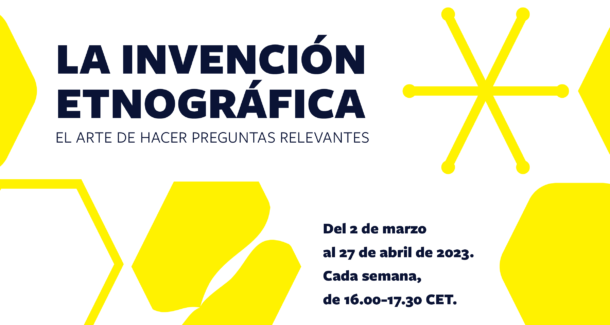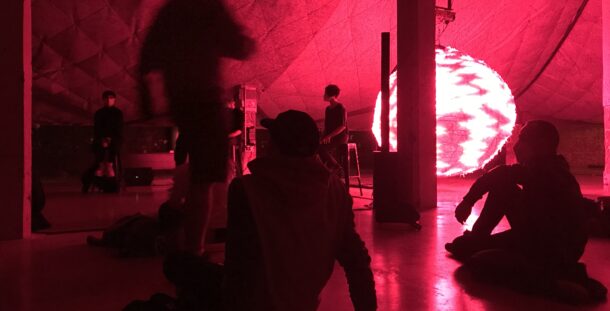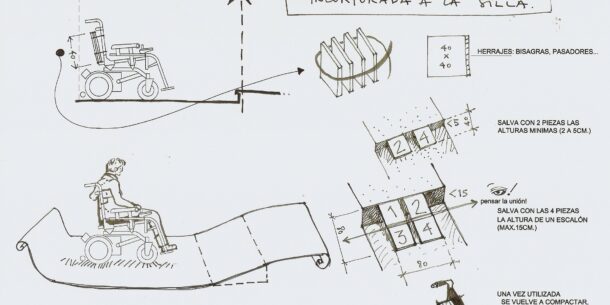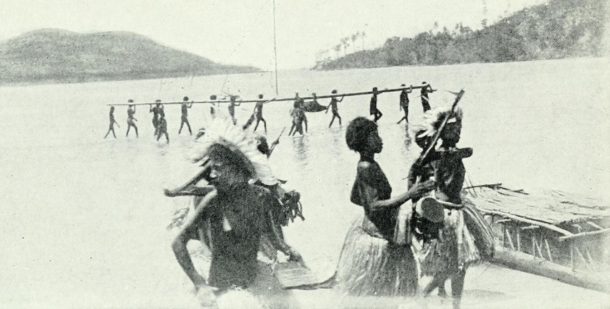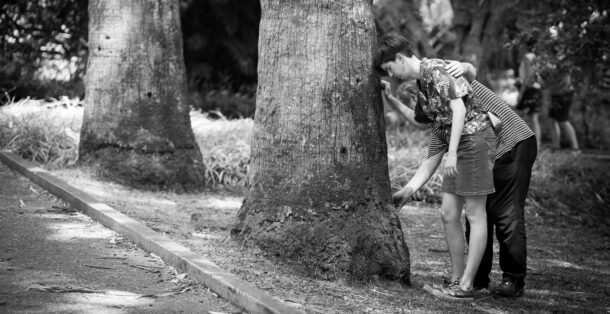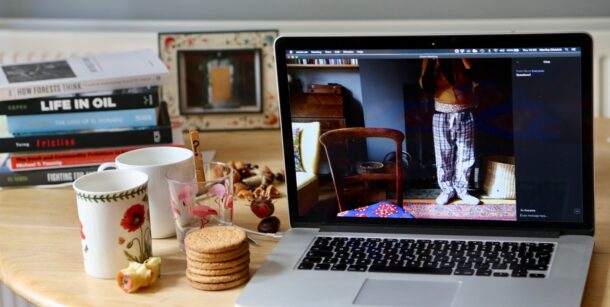We are seeking to recruit a research assistant for xcol. An Ethnographic Inventory,
We are looking for a person trained in the field of social and cultural anthropology or related disciplines, with knowledge of the practice of ethnographic work and with experience in digital publications, interested in helping us develop our research on the xcol platform.
The successful candidate will be awarded a temporary contract (35%) of 18 months, starting September 4.
Deadline for applications: April 30, 2023
The person we would hire would work at the Open University of Catalonia in Barcelona.
Buscamos ayudante de investigación para "xcol. Un Inventario Etnográfico", proyecto cuyo objetivo es identificar y documentar proyectos etnográficos experimentales e innovadores.
Buscamos a una persona formada en el ámbito de la antropología social y cultural o disciplinas afines, con conocimientos de la práctica del trabajo etnográfico y con experiencia en publicaciones digitales, interesada en ayudarnos a desarrollar nuestra investigación en torno a la plataforma xcol.
Se realizará una contratación laboral temporal de 18 meses (35%) y con previsión de incorporación a 4 de septiembre.
Fecha límite de postulación: 30 de abril de 2023.
La persona trabajaría en la Universtitat Oberta de Catalunya en Barcelona.
Creemos que inventariar invenciones etnográficas en xcol requiere un género de escritura apropiado que será distinto de los formatos más...
In our first Call for Inventions (CfI) we are particularly aiming to inventory accounts of ‘field devices’: the inventive social and material arrangements undertaken, created, made or repurposed in the course of doing fieldwork with others. What we have in mind are texts of at least 2000 words accounting for these field devices in at least two senses: (1) fleshing out the context as well as the social and material arrangements of particular ‘field devices’ as they are put into practice in empirical situations; and (2) hinting at the particular modes of ethnographic inquiry they enable or make emerge.
Solicitamos textos de unas 2.000 palabras que den cuenta de dispositivos de campo que incluyan dos aspectos: (1) que contextualicen y describan las condiciones sociales y materiales de estos 'dispositivos de campo' en las situaciones empíricas en las que se han puesto en práctica; y (2) que expliciten los modos particulares de indagación etnográfica que esos dispositivos permiten desarrollar. Estamos especialmente abiertos a textos que experimenten con géneros híbridos, entre el formato de recetas (o manuales de instrucciones) y los relatos etnográficos de carácter descriptivo.
The different inventions we aim to inventory in xcol call for particular writing genres beyond established ones. This form of writing can be a complicated task. In this text we have put together our first 'how to' guide to the different genres we aim to inventory: 'field devices.' We believe these are peculiar writing pieces. Here we share a suggestion on how to approach their writing and a proposal with the structure of sections.
La antropología ha consagrado la escritura como práctica paradigmática para la expresión de su conocimiento, pero el texto no es suficiente para dar cuenta de la complejidad del mundo. En tiempos recientes se desarrolla un amplio esfuerzo por experimentar con otros lenguajes y formatos para el conocimiento antropológico, así ocurre con la antropología sensorial y experimentos que se inspiran en los dominios del arte y las culturas digitales.
La colaboración es invocada en tiempos recientes como una figura relacional necesaria para el estudio de nuestro mundo. Las llamadas a la colaboración en antropología no son nuevas, pero sí resultan novedosas las articulaciones específicas en nuestra contemporaneidad, como los ejercicios de colaboración experimental a través de los cuales antropólogos y sus contrapartes construyen problematizaciones conjuntas.
In contrast with more conventional approaches to the uses of theatre for the public engagement with science and technology (e.g. pedagogical approaches to science communication), contemporary forms of participatory, community, interactive or digital theatre have also served as relevant arenas for projects searching to activate publics through agonistic and complex encounters with contemporary technoscientific issues. This was the case of Enacting Innovation, a performance that crystallises a dialogue between social scientists and theatre professionals working in the vicinity of STS in which that seek to 'stage complexity' and the paradoxes of otherwise repetitive innovation scripts.
A re-description of my two-fold engagement as ethnographer-cum-documenter in the activist design collective En torno a la silla. Highlighting the importance of note-taking as a ‘fieldwork device’ for the problematizing and relating in the field.
El dibujo siempre ha formado parte del oficio antropológico pero le ha ocurrido lo mismo que a la fotografía, ha sido una actividad marginada. La investigación antropológica reciente integra el dibujo al menos de tres formas distintas: (1) como formato de representación, (2) como técnica de registro y (3) como un modo de indagación antropológico.
